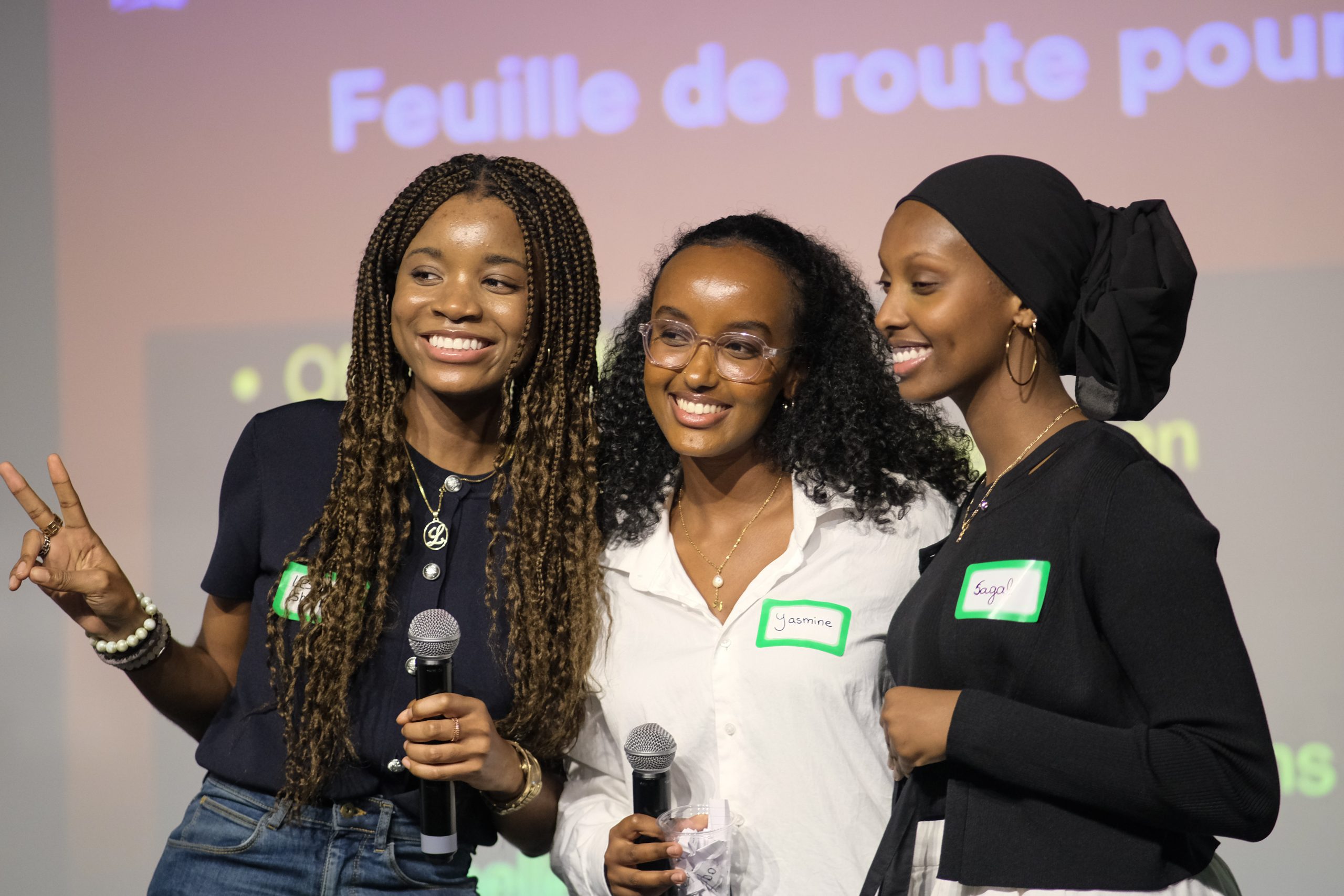Higher Education
Higher education impacts society in many ways, most importantly emplyoment. Access to higher education within the black community allows for upward mobility within their socio-economic statuses. Black Canadians regardless of their educational attainment are still subject to unemployment. According to statistics though, unemployment is still commonly higher among black individuals who have no educational attainment past highschool. Creating access allows for the historical segregation to be diminished and opens doors for individuals within the black community.

History of Segregation in Schools
Racial segregation is the separation of people, or groups of people, based on race in everyday life. Throughout Canada’s history, there have been many examples of Black people being segregated, excluded from, or denied equal access to opportunities and services such as education (The Canadian Encyclopedia, 2019). This segregation was enforced by laws, court decisions and historical norms of white supremacy and black subordination.
In the early 19th century, the provincial governments of Ontario and Nova Scotia created legally segregated common schools, also known as public schools (The Canadian Encyclopedia, 2019). In the early 1840s, when the public school structure was being formalized in Canada, Ontario school trustees (who were all white) created separate schools for Black children in certain parts of Ontario, particularly where there were high numbers of freedom seekers (The Canadian Encyclopedia, 2019).
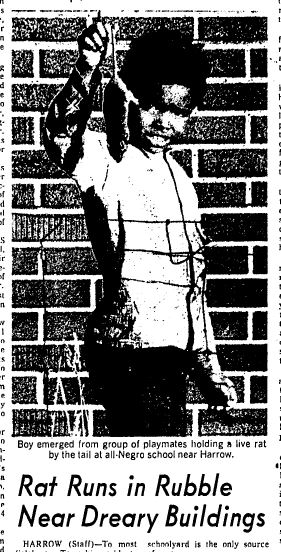
- The basements of the 1-1/2 story buildings are dark and their walls bear the crayon, pencil and boot marks of many years.
- The stairs leading up to the classrooms or down to the basement are well-worn and the stairways are narrow.
- Each building has two toilets, chemical ones that must be flushed out daily with a pail of water in order to keep them minimally sanitary.
- The closet-like bathroom cubicles smell strongly of wine and chemicals. A pump in the schoolyard is the only source of water.”
- In Windsor, a Black petitioner observed that 35 Black students were being taught in a 16 x 24-foot coop, while a nearby white school had extra space.
Source: Jamie Bradburn – Published on Feb 26, 2018
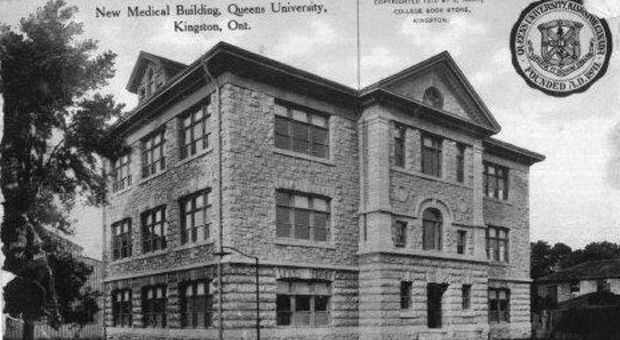
Racial segregation and exclusion and segration were not limited to elementary and secondary schooling. Discriminatory practices were also found in post-secondary school institutions as well (The Canadian Encyclopedia, 2019). Universities like: McGill University, Queen’s University, and the University of Toronto, stopped admitting black students due to social and institutional attitudes (The Canadian Encyclopedia, 2019).
- In 1918, the university senate at Queen’s University in Kingston, Ontario voted to ban Black students from further admission to the Queen’s medical school program.
- The University of Toronto denied admission to Black applicants in the 1920s.
- McGill University went on to adopt racial restrictions in admissions of Black students in the 1920s – 1930s and again from 1945 until the early 1960s.
- Black medical students in Montreal were also barred from doing their internships at hospitals in Montreal between 1930 and 1947.
Representation
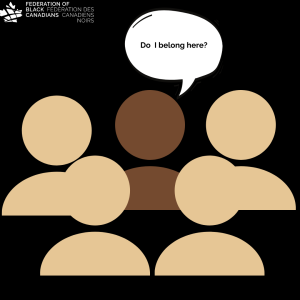 Representation allows for different perspectives at the table. It allows for advocacy and promotes an intersectional way of managing an organization alongside its policies and regulations. It ensures the interest of all people is served.
Representation allows for different perspectives at the table. It allows for advocacy and promotes an intersectional way of managing an organization alongside its policies and regulations. It ensures the interest of all people is served.
Fun Fact:A 2018 study found that students who have had at least one same-race teacher over their academic career were 13% more likely to graduate (Lopez, 2020).
Access to Higher Education
 Access is defined according to the Oxford dictionary as a means of approaching or entering a place. When it comes to higher education there is a lack of access for black students across the globe due to many factors such as economic support, knowledge or exposure to opportunities, lack of representation and gender.Another major factor is lack of supportive relationships with teachers, lecturers and administrators. (James, 2019).
Access is defined according to the Oxford dictionary as a means of approaching or entering a place. When it comes to higher education there is a lack of access for black students across the globe due to many factors such as economic support, knowledge or exposure to opportunities, lack of representation and gender.Another major factor is lack of supportive relationships with teachers, lecturers and administrators. (James, 2019).
Fun Fact: White students are almost twice as likely to leave high school and attend an Ontario university than their Black peers. Black students don’t apply to go on to post secondary education at almost the same rate as White students go on to Ontario universities (TDBS 2006-2011 DATA)
DID YOU KNOW?
Source: StatCanada
Bachelor’s Degree or Higher Obtained
The portion of black men and women with a bachelor’s degree or higher in Toronto was almost half that of the counterpart population.
Bachelor’s Degree or Higher Obtained
Black men and Black women held bachelor’s degrees or higher at lower rates than the rest of the counterpart population in Vancouver – about 10 percentage points lower.
Bachelor’s Degree or Higher Obtained
Black men and women in Halifax are less likely than their counterparts to have bachelor’s degrees or higher, though the gap is more pronounced for women at a difference of around 14 percentage points.
Bachelor’s Degree or Higher Obtained
In Calgary, Black men are just as likely as other men to hold a bachelor’s degree or higher, but Black women are less likely compared to other women in the population.
- Black Men 21.9%
- Rest of Counterpart population 41.7%
- Black Women 25.3%
- Rest of Counterpart population 45.2%
- Black Men 26.3%
- Rest of Counterpart population 36.7%
- Black Women 29.6%
- Rest of Counterpart population 41.0%
- Black Men 26.1%
- Rest of Counterpart population 32.3%
- Black Women 26.9%
- Rest of Counterpart population 40.8%
- Black Men 37%
- Rest of Counterpart population 37.2%
- Black Women 33.3%
- Rest of Counterpart population 45.1%
Educational Resources
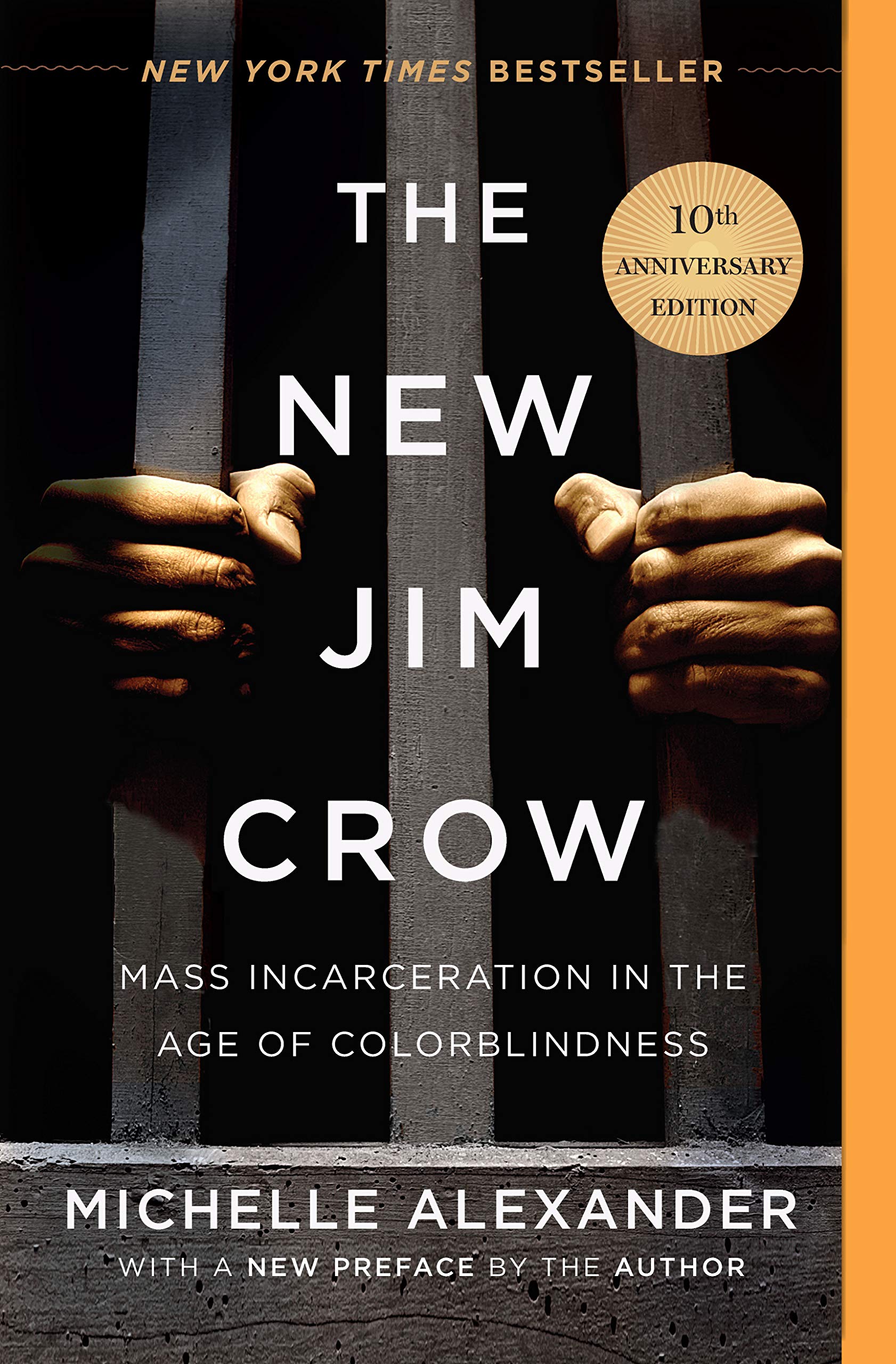
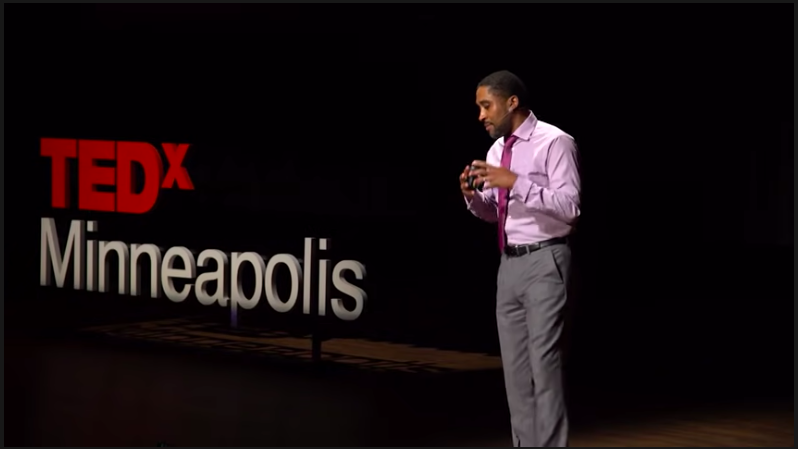



The New Jim Crow
By: Michelle Alexander
To better understand the school to prison pipeline and the relationship between our school system and criminal justice system, Alexander’s work is essential reading. You will come away from this book with a clear picture of how systems of oppression toward people of color, and particularly Black Americans, were created and sustained. Before we can change the system, we must first understand where we are and how we got there, this book will help with that.
Available on: Amazon
The Power of the Black Experience in the Classroom
Keith Mayes | TEDxMinneapolis
Keith Mayes makes a compelling case for how the black experience in the classroom could have remarkable impact. Dr. Keith Mayes is an Associate Professor of African American & African Studies at the University of Minnesota and the College of Liberal Arts’ Arthur “Red” Motley Exemplary Teacher. Holding a Ph.D. in History from Princeton University, his professional interests include the Civil Rights and Black Power Movement; education policy and history; black holiday traditions; and racial equity and critical ethnic studies pedagogy. Dr. Mayes authored the book.
Available on: Youtube

So You Want To Talk About Race
By: Ijeoma Oluo
Widespread reporting on aspects of white supremacy — from police brutality to the mass incarceration of Black Americans — has put a media spotlight on racism in our society. Still, it is a difficult subject to talk about. How do you tell your roommate her jokes are racist? Why did your sister-in-law take umbrage when you asked to touch her hair — and how do you make it right? How do you explain white privilege to your white, privileged friend? In So You Want to Talk About Race, Ijeoma Oluo guides readers of all races through subjects ranging from intersectionality and affirmative action to “model minorities” in an attempt to make the seemingly impossible possible: honest conversations about race and racism, and how they infect almost every aspect of American life.
Available on: Amazon

I can’t breathe: feeling suffocated by the polite racism in Canada’s graduate schools
By: Karine Coen- Sanchez
By openly sharing our experiences, BIPOC students are growing a space for collaboratively addressing racism in all our spheres of influence – starting from within our departments and disciplines. Those who are dedicated to anti-racist work must continue to listen and to work collaboratively to deconstruct the social structures of whiteness and white supremacy that normalize the suffering of racialized people. Ideally, we must challenge and unscramble anti-racism to reinforce policies and structures in our universities, in our teaching, and in our research, in order to promote the need for systemic change. I no longer want to be the subject of racism; I want to be a bridge that connects two different worlds and two different realities to one common thread of social being.
Educational Resources
The New Jim Crow By:Michelle Alexander
To better understand the school to prison pipeline and the relationship between our school system and criminal justice system, Alexander’s work is essential reading. You will come away from this book with a clear picture of how systems of oppression toward people of color, and particularly Black Americans, were created and sustained. Before we can change the system, we must first understand where we are and how we got there, this book will help with that.
Available on: Amazon
The Power of the Black Experience in the Classroom Keith Mayes | TEDxMinneapolis
Keith Mayes makes a compelling case for how the black experience in the classroom could have remarkable impact. Dr. Keith Mayes is an Associate Professor of African American & African Studies at the University of Minnesota and the College of Liberal Arts’ Arthur “Red” Motley Exemplary Teacher. Holding a Ph.D. in History from Princeton University, his professional interests include the Civil Rights and Black Power Movement; education policy and history; black holiday traditions; and racial equity and critical ethnic studies pedagogy. Dr. Mayes authored the book.
So You Want To Talk About Race by Ijeoma Oluo
Widespread reporting on aspects of white supremacy — from police brutality to the mass incarceration of Black Americans — has put a media spotlight on racism in our society. Still, it is a difficult subject to talk about. How do you tell your roommate her jokes are racist? Why did your sister-in-law take umbrage when you asked to touch her hair — and how do you make it right? How do you explain white privilege to your white, privileged friend? In So You Want to Talk About Race, Ijeoma Oluo guides readers of all races through subjects ranging from intersectionality and affirmative action to “model minorities” in an attempt to make the seemingly impossible possible: honest conversations about race and racism, and how they infect almost every aspect of American life.
Available on: Amazon
I can’t breathe: feeling suffocated by the polite racism in Canada’s graduate schools by Karine Coen- Sanchez
By openly sharing our experiences, BIPOC students are growing a space for collaboratively addressing racism in all our spheres of influence – starting from within our departments and disciplines. Those who are dedicated to anti-racist work must continue to listen and to work collaboratively to deconstruct the social structures of whiteness and white supremacy that normalize the suffering of racialized people. Ideally, we must challenge and unscramble anti-racism to reinforce policies and structures in our universities, in our teaching, and in our research, in order to promote the need for systemic change. I no longer want to be the subject of racism; I want to be a bridge that connects two different worlds and two different realities to one common thread of social being.
List of Black Scholarships, Internship Opportunities and Awards
| Name | Description | Application Deadline | Region |
|---|---|---|---|
| Onyx Initiative | Onyx Initiative aspires to be a catalyst for the professional growth and development of Black Canadians as they launch their careers after university/college, helping them through access to placements, mentorships, coaching and professional development. | January 1, 2023 | National |
| Deloitte Canada’s Bloom Scholarship Programs | The successful applicants will: Be awarded a one-time $5,000 scholarship towards eligible school expenses. Work as an intern at one of our Canadian offices in Winter 2023, Summer 2023 or Fall 2023. | July 31, 2023 | National |
| RBC Future Launch Scholarships | The RBC Future Launch Scholarship for Black Youth will award 20 scholarships annually valued up to $10,000 each per year (up to 4 years) to Black students across Canada. | TBD | Reopens January 1, 2023 | National |
| Jamaican Canadian Association Scholarship Program | The Jamaican Canadian Association (JCA) is a registered non-profit committed to identifying and responding to the needs of the Caribbean and African communities. This includes cultural programming, advocacy, education support and outreach on a range of issues. In 2002, a Scholarship Program was established to respond to the educational needs of these communities. The minimum award value of each available scholarship is $500 CAD. | April 2023 | Opens every September | National |
| The BBPA Legacy Scholarships | BPA Legacy Scholarships are established in the name of Black Canadians who enriched Canada with their contributions in the arts, the professions, science, business, technology, politics and other areas of endeavour. | July, 2023 | Yearly | National |
| Blanche Macdonald's One Million Dollar Scholarships For Black Canadians | At Blanche Macdonald Centre we are committed to nurturing and raising the profiles of Black talent across the Fashion, Film, Makeup, Hair and Esthetics industries. That’s why we created $1 million in full tuition scholarships: $200,000 in scholarships every year over the next five years to help Black Canadians study with us. | TBD | Opens August 28, 2022 | National |



